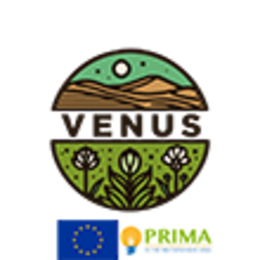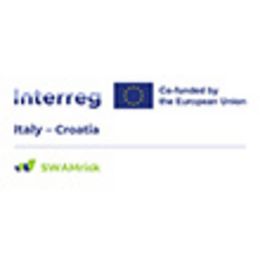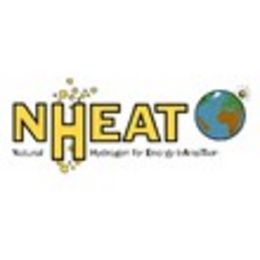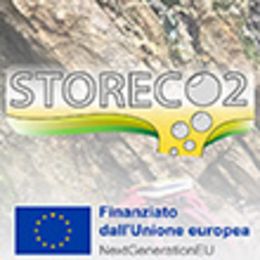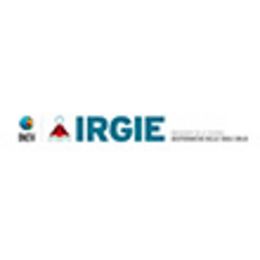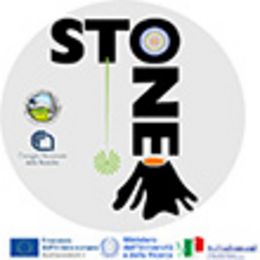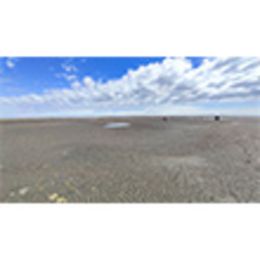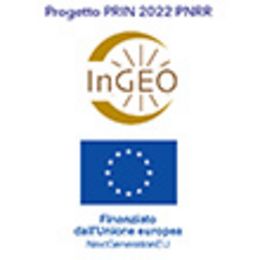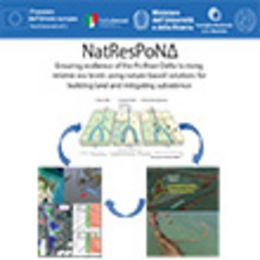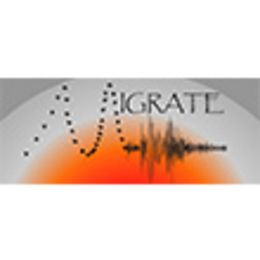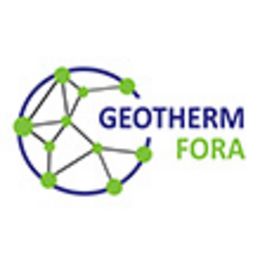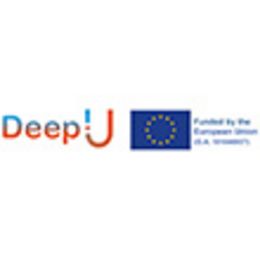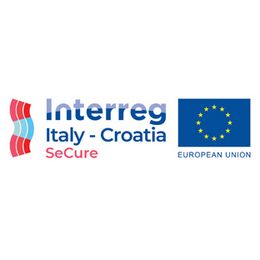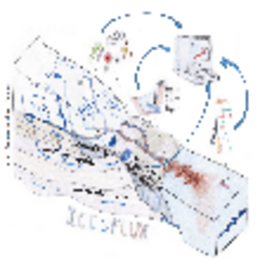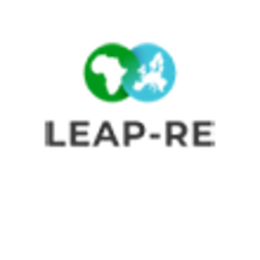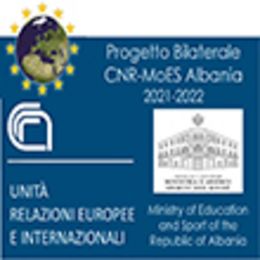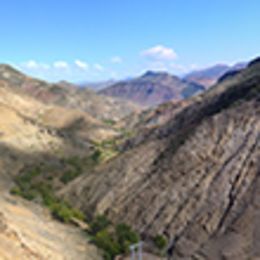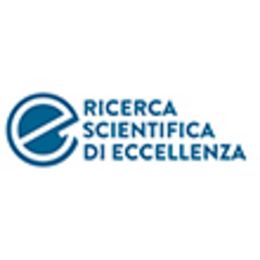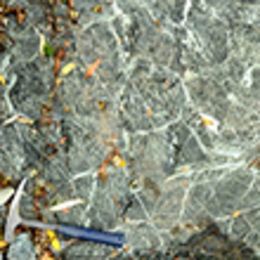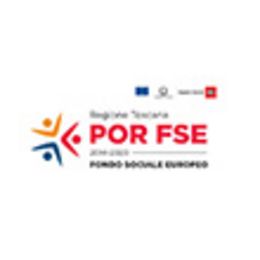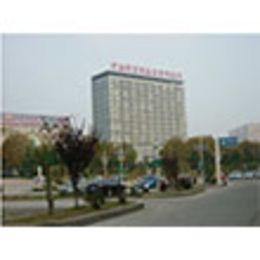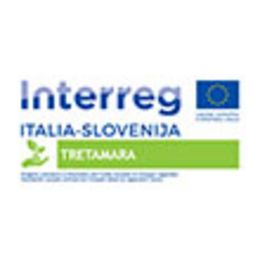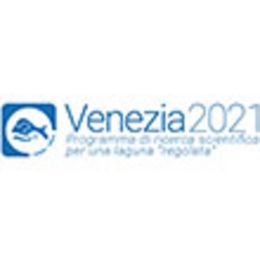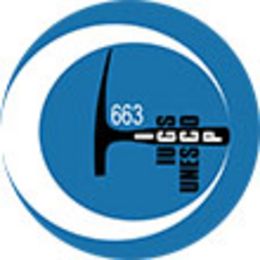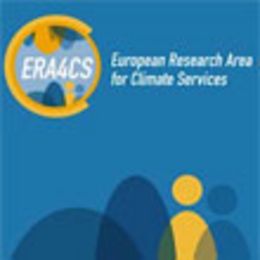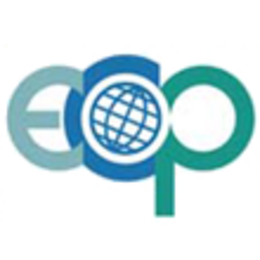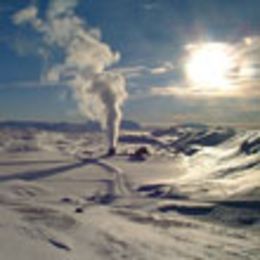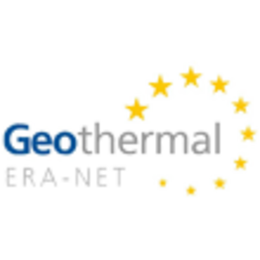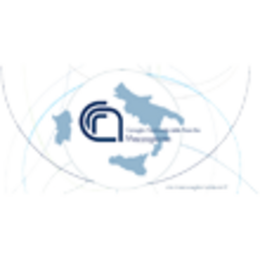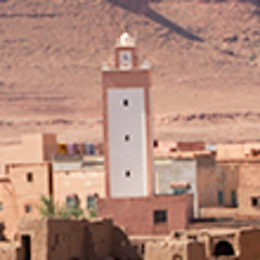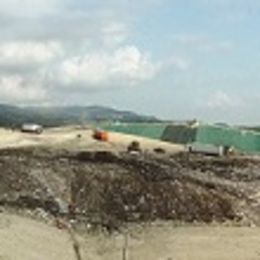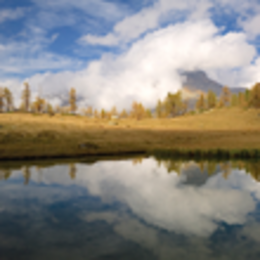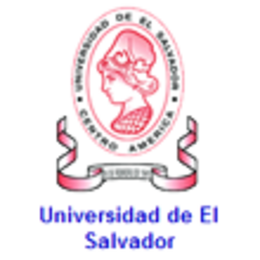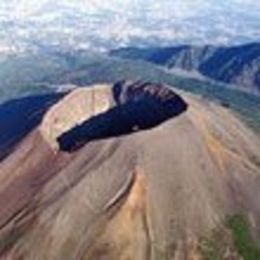Funded Projects

CARE-ON Project
CARE-ON (Can We Rely on our Network?) is a research project conducted and funded by the Institute of Geosciences and Earth Resources of the Italian National Research Council (IGG – CNR). Its main goal is to investigate the variability related to human error in the manual counting of boulders and craters from images of extraterrestrial surfaces.
Although machine learning algorithms have advanced in automating these tasks, human capabilities in image identification and interpretation remain essential for their training, accuracy control, and result validation. Manual methods, on the other hand, inevitably introduce a component of variability, due to different individual sensitivities, fatigue, and the observer’s competence/experience.
CARE-ON aims to explore and mitigate such uncertainties by assessing the impact of human factors in this process and developing guidelines that maximize reliability and accuracy in identification.
Contact Institute of Geosciences and Earth Resources CNR: Dr. Sandro Rossato (sandro.rossato@igg.cnr.it)
VENUS Project
The VENUS project aims to demonstrate the environmental and economic potential of Neglected and Underutilized Species (NUS), which require low water and are adapted to arid and saline soils. By promoting the use of NUS, the project seeks to convert marginal lands into productive areas, improving soil quality and avoiding conflicts over water resources. Additionally, VENUS aims to raise awareness among farmers, consumers, and markets about the benefits of these resilient species.
Expected results include the implementation of sustainable management practices for NUS, assessment of their quality for various market applications, and development of business models for their production. The project will also evaluate the scalability and transferability of NUS production systems and their contribution to the Sustainable Development Goals (SDGs). Communication and engagement with multiple stakeholders are key components of the project.
Contact Institute of Geosciences and Earth Resources CNR: Dr. Luigi Tosi (luigi.tosi@igg.cnr.it)
SWAMrisk Project
The Mediterranean region faces significant pressure from climate change, with increasing droughts and salinization of aquifers and soils posing major concerns. In the Adriatic coastal regions, which rely heavily on tourism and agriculture, the water supply is increasingly at risk.
In this context, coastal groundwater resources in poorly studied onshore and offshore areas, often affected by saltwater intrusion, could be crucial for managing drought crises. Identifying and quantifying these freshwater resources and managing their use sustainably is essential.
Contact Institute of Geosciences and Earth Resources CNR: Dr. Luigi Tosi (luigi.tosi@igg.cnr.it)
NHEAT Project
The NHEAT project aims to stimulate and direct hydrogen research in Italy, which is still underdeveloped and poorly conceptualized. Our challenge is to investigate, using a multidisciplinary geological-structural, petrological and geochemical approach, the processes that generated natural H2 in promising Italian areas that could reveal the presence of H2 at depth or on the surface: serpentinite-dominated systems and volcanic/magmatic hydrothermal systems.
The NHEAT project is led by the Institute of Geosciences and Earth Resources (IGG) of the National Research Council (CNR) in collaboration with the Institute of Environmental Geology and Geoengineering (IGAG-CNR), the Department of Earth Sciences of La Sapienza University of Rome and the National Institute of Geophysics and Volcanology (INGV), Palermo section.
Project Coordinator: Dr. Chiara Boschi, CNR-IGG (chiara.boschi@igg.cnr.it)
STORECO2 Project
The STORECO2 project explores the natural mechanisms through which CO2 is converted into carbonate minerals, with a particular focus on the genesis of magnesite deposits. This research aims to establish a solid scientific foundation for the upscaling of CO2 mineral sequestration, considered essential to achieve net-zero emissions by 2050. Supported by the European Union as part of the Next Generation EU initiative and by the Italian Ministry of University and Research (PNRR program), the project lays the groundwork in research for the decarbonization of society towards a more sustainable future.
Project Coordinator: Dr. Andrea Rielli, CNR-IGG (andrea.rielli@igg.cnr.it)
IRGIE Project
The IRGIE project (Inventory of the Geothermal Resources of the Aeolian Islands) is the result of a synergy between the National Institute of Geophysics and Volcanology (INGV) and the Sicilian Region. Its objective is to facilitate the sustainable energy autonomy of the islands of the Aeolian archipelago, with particular regard to geothermal energy. The purpose of the research is to investigate in detail the geothermal potential of the Aeolian Islands for the utilisation of the resource in the low, medium and high temperature range.
The project is financed by the Department of Energy of the Sicilian Region - Department of Energy and Public Utilities.
Project Coordinator: Dr. Monia Procesi, INGV (monia.procesi@ingv.it)
CNR scientific referee: Dr. Jacopo Cabassi, CNR-IGG (jacopo.cabassi@igg.cnr.it)
STONE Project
The STONE project (A new generation Spectroscopy Tool to monitor rheology and phase transformation prOcesses in volcaNology and cEramic production) is a PRIN Project 2022, funded by the European Union – NextGenerationEU. STONE project aims at: 1) implementing a new facility capable of monitoring, in near-real-time, the onset and the evolution of the high temperature crystallisation and the residual liquid matrix for multiphase silicate melts, representative of lava samples and ceramic bodies, also during measuring stages; and 2) measuring and modelling their rheological properties with varying thermal and deformation regimes.
Associated investigator CNR: Dr. Michele Dondi, CNR- ISSMC (michele.dondi@cnr.it)
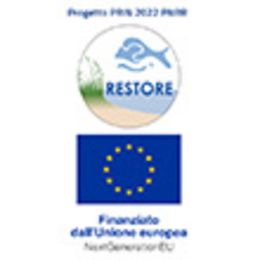
RESTORE Project
The RESTORE project (REconstruct subsurface heterogeneities and quantify Sediment needs TO improve the REsilience of Venice saltmarshes) is a PRIN 2022 PNRR Project, funded by the European Union – NextGenerationEU. RESTORE project aims at providing innovative advances for the survival of lagoon morphologies of the Venice Lagoon (Italy) highlighting areas with reduced sediment availability that will require specific restoration planning in a medium- and long-term scale of interventions.
Principal Investigator: Dr. Luigi Tosi, CNR-IGG (luigi.tosi@cnr.it)
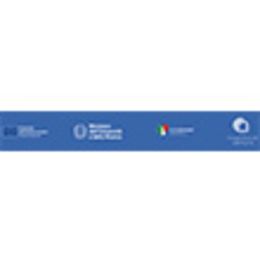
EUREECA Project
The EUREECA project (PRIN2022Y4J7AN) is funded by the European Union – NextGenerationEU and by the Italian Ministry of University and Research. The overall aim of the project is to obtain a picture of Rare Earth Elements (REEs) occurrence, mobility and ecotoxicity in soils from urban, industrial, and mining areas, and their transfer, plants in particular. The REEs are a group of strategic elements for European Union but also are included in the list of Contaminants of Emerging Concern (CEC).
Associated investigator CNR: Dr. Simone Vezzoni, CNR-IGG (simone.vezzoni@cnr.it)
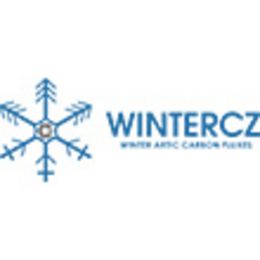
WINTER-CZ Project
WINTER-CZ (Winter Critical Zone dynamics in the High Arctic: measuring carbon fluxes and geo-biological processes at the Bayelva Critical Zone Observatory during winter) is a project funded by the Arctic Research Programme (PRA) INFRA 2021. It is aimed to upgrading the existing CNR research infrastructure for the measurement of CO2 fluxes from the tundra in Ny Ålesund, Svalbard. WINTER-CZ focuses on the measurement and modelling of CO2 emissions from the arctic soil through the snowpack during winter and how their dynamic is influenced by the environmental conditions.
Project Coordinator: Dr. Antonello Provenzale, CNR-IGG (antonello.provenzale@cnr.it)
Bilateral Project Italy – Argentina
The Bilateral Project Italy – Argentina is a bilateral agreement between Consiglio Nazionale delle Ricerche (CNR) and Consejo Nacional de Investigaciones Científicas y Técnicas (CONICET). The objective of the project is to analyze the influence of marine and continental water exchanges on the shallow marine habitats of the Valdés Peninsula and the Venetian coastal system (Adriatic Sea). We propose an innovative study that considers an offshore-onshore hydrological continuum sensitive to global changes and subsequent hydrogeological alterations, such as sea level changes or the discharge of internal waters into the sea.
Italian coordinator: Dr. Sandra Donnici, CNR-IGG (sandra.donnici@cnr.it)
InGEO Project
The InGEO project is funded by the European Union – NextGenerationEU and by the Italian Ministry of University and Research, PNRR programme. InGEO responds to the need of increasing the share of energy produced from renewable sources, improving knowledge of geothermal resources and the energy they contain for various uses.
CNR scientific referee: Dr. Adele Manzella, CNR-IGG (adele.manzella@cnr.it)
Project Coordinator: Dr. Adele Manzella, CNR-IGG (adele.manzella@cnr.it)
NatResPoNΔ Project
The NatResPoNΔ project is funded by the European Union – NextGenerationEU and by the Italian Ministry of University and Research, PNRR programme. This research project aims to test the feasibility of nature-based solutions to increase the resilience of the Po River Delta - the main deltaic system in Italy and one of the most important worldwide - to relative sea-level rise, ultimately mitigating long-term flood and storm-surge risks and ensuring the sustainability of communities on the delta.
CNR scientific referee: Dr. Valentina M. Rossi, CNR-IGG (valentinamarzia.rossi@cnr.it)
MIGRATE Project
MIGRATE is a project is funded by the Swiss National Science Foundation (SNSF). MIGRATE is a multidisciplinary project articulated around the three distinct and yet complementary domains of geology, seismology and machine learning. The goal of MIGRATE is to streamline passive seismic exploration procedures by developing new analysis methods that remove human bias, have significantly increased reproducibility and reliability, while addressing relevant scientific questions. This will result in the development of an automatised end-to-end tool to prospect the upper crust and identify potential geothermal targets.
CNR scientific referee: Dr. Domenico Montanari, CNR-IGG (domenico.montanari@igg.cnr.it)
GEOTHERM-FORA Project
Horizon Europe Programme (G.A. 101075400)
The GEOTHERM-FORA project is a European Project funded by the Horizon Europe Programme (G.A. 101075400), which aims at supporting and strengthening the fora on geothermal systems dealing with research and innovation. The Deep Geothermal Implementation Working Group (DG-IWG) and the Platform on Deep Geothermal (ETIP-DG) are working together and interlinked. Supporting both fora has the objective to strengthen the development of new geothermal technologies to uptake the market and reach our climate and energy objectives for 2030 and 2050, in a common agreement of the sector: Industry, Research, and Public authorities.
CNR scientific referee: Dr. Adele Manzella, CNR-IGG (adele.manzella@igg.cnr.it)
DeepU Project
Horizon Europe EIC Pathfinder programme (G.A. 101046937)
DeepU (Deep U-tube heat exchanger breakthrough: combining laser and cryogenics gas for geothermal energy exploitation), has been funded under the EIC Pathfinder programme (G.A. 101046937) by the European Commission as part of Horizon Europe, which supports early-stage projects developing revolutionary, high-risk/high-gain technologies with the potential to create new markets and address global changes.
CNR scientific referee: Dr. Adele Manzella, CNR-IGG (adele.manzella@igg.cnr.it)
Website: https://www.deepu.eu
SECURE Project
Interreg Italy-Croatia - Program 2014-2020 - Call: Cluster
SeCure (Saltwater intrusion and climate change: monitoring, countermeasures and informed governance), which is allocated in the Cluster Adaptation to climate changes "governance and capacity building", is aimed to (i) maximize the main outcomes and the experiences developed in MAC IT-HR projects and the synergies between the projects to enhance visibility and transferability, and (ii) fully exploit and consolidate the results achieved so far to further increase the knowledge base on the saltwater contamination of the northern Adriatic coastlands in preparation for the next programming period, in particular Specific objective 2.4.
Contact at Institute of Geosciences and Earth Resources – CNR: Dr Luigi Tosi (luigi.tosi@igg.cnr.it)
Website: https://www.italy-croatia.eu/web/secure

ABRESO Project
ABRESO (ABandonment and REbound: SOcietal views on landscape- and land-use change and their impacts on water and soils) is a Belmont Forum project funded by the Department of Earth Sciences and Technologies for the Environment (DSTTA). The ABRESO project is collaborative project of research teams from France, Japan, Taiwan, U.S. and Italy with four CNR Institutes (IGG-Pisa, IRET, IIA, IRCrES) in collaboration with the University of Pavia.
PI: Maddalena Pennisi, CNR-IGG (maddalena.pennisi@igg.cnr.it)
ICEtoFLUX Project
ICEtoFLUX (HydrologIcal changes in ArctiC Environments and water-driven biogeochemical) is a project funded by the Arctic Research Program (PRA). ICEtoFLUX focus on hydrological processes occurring in arctic environment, as well as on their effects of physical, chemical and biological type.
PI: Marco Doveri (CNR-IGG, marco.doveri@igg.cnr.it)
LEAP-RE Project
LEAP-RE is Horizon 2020 EU-funded project, in response to the LC-SC3-JA-5-2020 H2020 call for proposal.
LEAP-RE seeks to create a long-term partnership of African and European stakeholders in the field of renewable energy.
CNR Scientific Responsible: Eugenio Trumpy (CNR-IGG, eugenio.trumpy@igg.cnr.it)
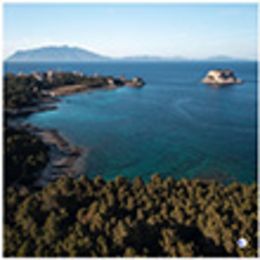
HYDRO-ISLAND Project
HYDRO-ISLAND (Pianosa Island: hydrological processes and water resources sustainability in a climate-changing Mediterranean) is carried out by through a cooperation among IGG, scientific leader, Tuscan Archipelago National Park, promoter of the project as responsible of Tuscan Islands Biosphere Reserve - MAB UNESCO, Earth Science Departments of the Siena and Pisa University (DSFTA-UniSi and DST-UniPi, respectively), GASP Museum and Turismo Sostenibile s.r.l. Furthermore, the Autorità Idrica Toscana (AIT) will represent a key stakeholder.
FUNDING INTERNATIONAL PROGRAM: UNESCO and the abrdn Charitable Foundation - Promoting sustainable development through UNESCO’s programmes and sites
P.I.: Marco Doveri, Istituto di Geoscienze e Georisorse (IGG-CNR) – marco.doveri@igg.cnr.it
PON-GRINT
Il progetto PON “Infrastruttura di Ricerca Italiana per le Geoscienze” (Geoscience Research INfracstructure of ITaly; GRINT) ha come obiettivo generale quello di potenziare le strutture, le risorse e i servizi collegati al piano di implementazione dell’Infrastruttura di Ricerca (IR) Europea European Plate Observing System (EPOS) e di definire possibili ampliamenti dell’offerta di dati, prodotti e servizi, con particolare riferimento alle regioni meno sviluppate (Campania, Calabria, Puglia e Sicilia) o in transizione (Abruzzo, Molise e Sardegna).
Responsabile scientifico per il l'Istituto di Geoscienze e Georisorse del CNR: Maddalena Pennisi (CNR-IGG, maddalena.pennisi@igg.cnr.it)
AL.C.h.E.Mi.S.T.
Bilateral project CNR-MOES Albania, 2021-2022
CNR Scientific Responsible: Eleonora Regattieri, CNR-IGG (eleonora.regattieri@igg.cnr.it)
MOES Scientific Responsible: Kujtim Ozuni, Institute of Geosciences, Energy, Water and Environment, Geology Department, Tirana University
Bilateral Project Italy - Morocco
Fault reactivation study of the long-lived major fault systems of the High Atlas belt (Morocco)
Partner Italy: Dr. Alessandro Ellero, CNR-IGG (alessandro.ellero@igg.cnr.it)
Partner Morocco: Prof. Hassan Ouanaimi, Ecole Normale Supérieure, Université Cadi Ayyad, Marrakech
HIETE Project
HIETE aims to develop an interdisciplinary experimental – modelling approach to quantify the ongoing consolidation / subsidence process in Holocene deposits in relation to current sedimentation and SLR rates in order to reconstruct the Holocene evolution of the salt marshes of the Venice lagoon and predict the feedback on their resilience in the near future.
CNR Scientific Responsible: Dr. Luigi Tosi (luigi.tosi(at)igg.cnr(dot)it)
BRIC-INAIL Asbestos Call
The project aims at the evaluation of the environmental hazard related to the presence of fibrous minerals (NOA, Naturally Occurring Asbestos) in natural settings. The project will focus on three fibrous minerals originated in different geological contexts: fibrous antigorite from the serpentinites of the Voltri Massif (Liguria); fibrous tremolite from the serpentinites of the Calabrian-Lucanian Apennines (Basilicata); fibrous fluoredenite from the Pleistocene volcanic rocks of Biancavilla (CT - Sicily), at the foothills of Mount Etna.
Project coordinator: Alessandro Pacella, Roma Sapienza
CNR-IGG group coordinator: Fabrizio Piana, CNR-IGG (fabrizio.piana@igg.cnr.it)
ORMA
The ORMA Project, funded by the Region of Tuscany with Executive Decree no. 7426 of 14/05/2020 and started on December 1, 2020, aims to train experts to support innovation, technology transfer, promotion of the relationship between research and business and europlanning and to strengthen the skills of the territory in the field of research/enterprise integration, internationalization, technology transfer, culture of innovation, monitoring and forecasting of technologies and europlanning.
IPCF Tutor: Luciano Celi
IGG Contact Person: Maddalena Pennisi (maddalena.pennisi@igg.cnr.it)
Bilateral project Italy - China
"Coastal system changes over the Anthropocene: Natural Vs Induced drivers in China and Italy" is a Bilateral project between National Council of Research of Italy and Chinese Academy of Sciences (CAS), funded for 3 years (2020-2022).
Italian coordinator: Sandra Donnici, Consiglio Nazionale delle Ricerche – Istituto Geoscienze e Georisorse (CNR-IGG) (sandra.donnici(at)igg.cnr(dot)it)
Chinese coordinator: Cheng Tang, Chinese Academy of Sciences - Yantai Institute of Coastal Zone Research (CAS-YIC).
TRETAMARA project
The project "TREZZE, TEGNUE AND MARINE ENVIRONMENTS OF NORTHERN ADRIATIC SEA: MANAGEMENT PROPOSALS (TRETAMARA)" aims to capitalize on previous knowledge, to enhance the best management practices, drawing up a document that supports the drafting of the management plans of the coastal and marine SCI areas, contributing to the harmonization of the plans of management at Northern Adriatic level. The project would like to propose national and transnational guidelines for an integrated management of the marine-coastal habitat and a high ecological value also through targeted actions with highly innovative content.
IGG contact person: Sandra Donnici, CNR-IGG (sandra.donnici@igg.cnr.it)
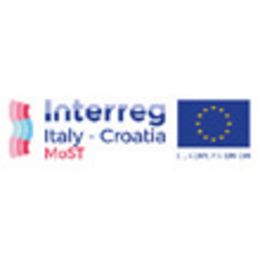
MoST project
Project Coordinator: Prof. Paolo Salandin University of Padova, Department ICEA ()
CNR Scientific Responsible: Dr. Luigi Tosi, CNR-IGG (luigi.tosi@igg.cnr.it)
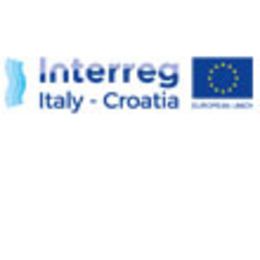
ASTERIS project
Project Coordinator: Prof. Simone Galeotti, Università degli studi di Urbino "Carlo Bo"
CNR Scientific Responsible: Dr. Barbara Nisi, CNR-IGG (barbara.nisi@igg.cnr.it)
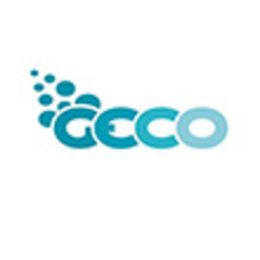
H2020 Project GECO (Geothermal Emission Gas Control)
GECO (Geothermal Emission Gas Control) is a European project co-funded for four years (01/10/2018 - 30/09/2022) by the European Commission under Horizon 2020, the Framework Program for Research and Technological Development 2014 - 2020.
The project aims to study and develop, at industrial level, the production of geothermal energy with zero emissions. Geothermal fluids can naturally contain small variable amounts of CO2 and H2S that, if released into the atmosphere, can contribute negatively to the climate change.
Scientific coordinator IGG-CNR: Chiara Boschi (chiara.boschi@igg.cnr.it).
VENEZIA 2021 project
This research aims at quantifying the present land subsidence in the Venice Lagoon, detecting the natural and anthropogenic factors responsible for the observed movements, and predicting their possible evolution.
Web Site: http://venezia2021.corila.it/home/
Scientific Responsible: Dr. Luigi Tosi, CNR-IGG (luigi.tosi(at)igg.cnr(dot)it)
IGCP 663 - IM2LSC project
The International Geoscience Programme approved the project IGCP 663 “Impact, Mechanism, Monitoring of Land Subsidence in Coastal cities (IM2LSC)” aiming to bring together worldwide researchers to share expertise on subsidence processes typically occurring in coastal areas and cities. IGCP 663 plans to research the impacts of human activities and sea-level rise, hydro-mechanism and monitoring methods of land subsidence in coastlands with special focus on coastal cities of the less developed countries in Asia, Africa and Latin America.
CNR Scientific Responsible: Dr. Luigi Tosi, CNR-IGG (lugi.tosi(at)igg.cnr(dot)it)
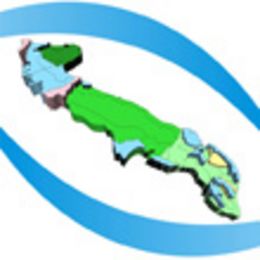
VIOLA project
Coordinators: Dr. Giuseppe Passarella, IRSA of Bari (giuseppe.passarella(at)ba.irsa.cnr(dot)it) e Dr. Elisabetta Preziosi, IRSA of Roma (preziosi(at)irsa.cnr(dot)it)
Responsible for the Collaboration Agreement between IGG and IRSA: Dr. Maddalena Pennisi, IGG-CNR of Pisa (maddalena.pennisi(at)igg.cnr(dot)it)
CNR Scientific Responsible: Dr. Adele Manzella, CNR-IGG (adele.manzella@igg.cnr.it). Link to project web site: https://www.geoenvi.eu/.
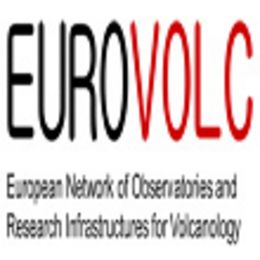
Progetto EUROVOLC
CNR Scientific Responsible: Dr. Maddalena Pennisi, CNR-IGG (maddalena.pennisi@igg.cnr.it)
Link to project web site: https://eurovolc.eu/.
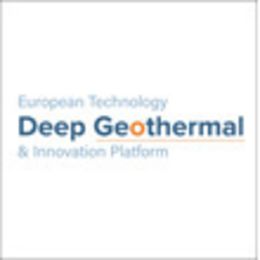
CNR Scientific Responsible: Adele Manzella (adele.manzella(at)igg.cnr(dot)it)
Link to project web site: https://www.etip-dg.eu/.
GEMEx is a project of international cooperation in the geothermal field between Europe and Mexico, funded by Horizon 2020 EU framework programme for research and innovation.
read more
Geochemical tracers and indicators for the evaluation of geothermal resources is a Joint Research Project between National Council of Research of Italy and Ministry of Science and Technology of Taiwan, funded for 2 years.
read more
The ERA-NET Consortium “European Research Area for Climate Services”, so-called ERA4CS, has been designed to boost the development of efficient Climate Services in Europe.
read more
H2020 European project "ECOPOTENTIAL"
DESCRAMBLE, is a European project, co-funded for three years by the European Commission within Horizon 2020.
read more
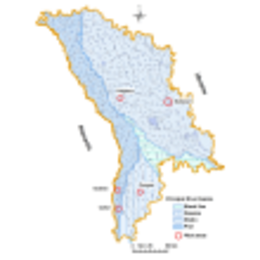
Italy Partner: Dr. Barbara Nisi
Moldova Partner: Dr. Oleg Bogdevici
read more
IMAGE is a European project, co-funded for four years by the European Commission within the 7th Framework Programme for Research and Technological Development 2007-2013.
read more
Mountains are sentinels of climate and environmental change and many marine regions provide information on past climate variations.
read more
Geothermal ERA-NET is a European project co-funded for four years by the European Commission within the 7th Framework Programme for Research and Technological Development 2007-2013.
leggi tutto
The Geothermal Atlas of southern Italy is a project aimed at characterizing, assessing and mapping of conventional and unconventional geothermal resources for power production in southern Italy.
read more
VIGOR was a four year Project launched at the end of 2010, coordinated at national level by CNR-IGG and dedicated to a comprehensive assessment of geothermal energy and its technological applications in four regions of southern Italy (Calabria, Campania, Apulia and Sicily, the “Regioni Convergenza”).
read more
Italy Partner: IGG-CNR. Responsable Dr. Alessandro Ellero
Morocco Partner: Ecole Normale Supérieure, Université Cadi Ayyad, Marrakech. Responsable Prof. Hassan Ouanaimi
read more
Climate Change and Groundwater resources
Principal Investigator for CNR-IGG: Antonello Provenzale (antonello.provenzale@cnr.it)
read more
The Sa.Pe.Vo. project is a product of the Institute of Geosciences and Earth Resources of CNR. The project team includes Unifi, Unipa, UNIRM1 and Universidad de El Salvador. The Italian Agency for International Cooperation has financed the project.
read more
The VEGEO project, funded by the National Park of Vesuvius, is aimed at the definition and the description of the Geosites that are present inside the Park area.
read more
“LaMMA” REGIONAL PROJECT (Tuscany Region funds)
Coordinator: Dr. Alessandro Ellero
read more
